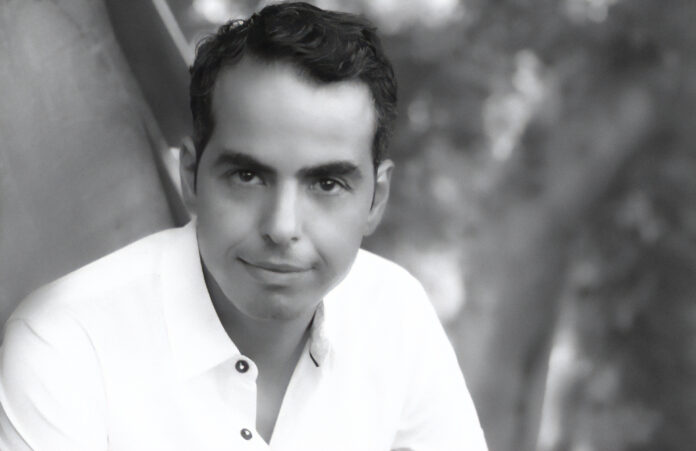Netanyahu. Galant. Halevi. Israel’s entire security and political elite were shocked by Hamas’ deadly attack on October 7 for its scope, cruelty, lack of mercy and utter inhumanity. But one man was not surprised— Shachar Dor. Born in Khan Younis, the southern capital of the Gaza Strip, he was a neighbor of the Sinwar family and Muhammad Deif, the future leaders of Hamas. Growing up, he was educated with thousands of people who believed as they do—that Jews must be wiped off the face of the earth.
His own soul told him otherwise. He risked his life and faced brutal torture in order to escape Gaza, move to Israel and become a Jew. Today he lives in Rishon LeTzion and is a strong advocate for the destruction of Hamas.
Watching the development of the Hamas leadership and their murderous organization close up, he was fully aware of what Israel was up against. On several occasions, he tried to warn the Jewish people about what was coming—even explicitly telling an interviewer on an Israeli media channel that all Gazan residents are supporters of terrorism. “For years, I’ve been saying that they are dangerous,” he says. “I was born and grew up there. There are terrorists in every house; there is no one who isn’t involved. They educate their children to hate Israel from infancy. Most of them are ready to kill Jews in any way… The public in Gaza has lost its soul to Hamas.”
On that day, however, former Shin Bet officer Lior Akerman was in the studio and quickly silenced Dor. He insisted that according to the polls, “most of them want peace, not terror.” Dor was shocked and terrified to see that Israel’s highest security organizations were willfully blind to what was in front of them. It could only lead to one thing: doom for the Jews—his chosen family.
“Today, you see what happened,” says Dor. “It was a shame that they didn’t listen to me.”
Free Jaffa
Shachar Dor was born in 1978 as Ayman Abu Suboh, the middle of five children in a Palestinian refugee family from Jaffa. His father worked on a construction site in Rishon LeTzion, but despite the fact that he and many like him earned their livelihoods in Israel, hatred of Jews still reigned. “Even when I was a small child,” says Dor, “my grandfather put me on his lap and told me that the Jews had expelled him from Jaffa. He said, ‘One day I will return to Jaffa, kill the Jews and take back what they stole from me.’”
Dor’s father would leave each Sunday and return on Thursday while his mother stayed home to raise the family. He does not remember experiencing shortages, hunger or want as a child, though his father was stingy and forced the family to live in a small apartment without electricity. “We had a room for my parents, a room for my two sisters, and we boys used to sleep in the living room. We put mattresses on the floor, and every morning we put them in a pile.” There was no school for younger children, so they spent their days “playing outside together in the dirt, dust and mud.”
Back then, in the pre-Intifada days, Khan Younis was a very different city. Israeli soldiers patrolled the streets, and Israelis felt perfectly safe shopping in the heart of the city market. Security checkpoints were nonexistent. “Anyone who wanted to travel was free to do so,” Dor recalls.
To read more, subscribe to Ami





















